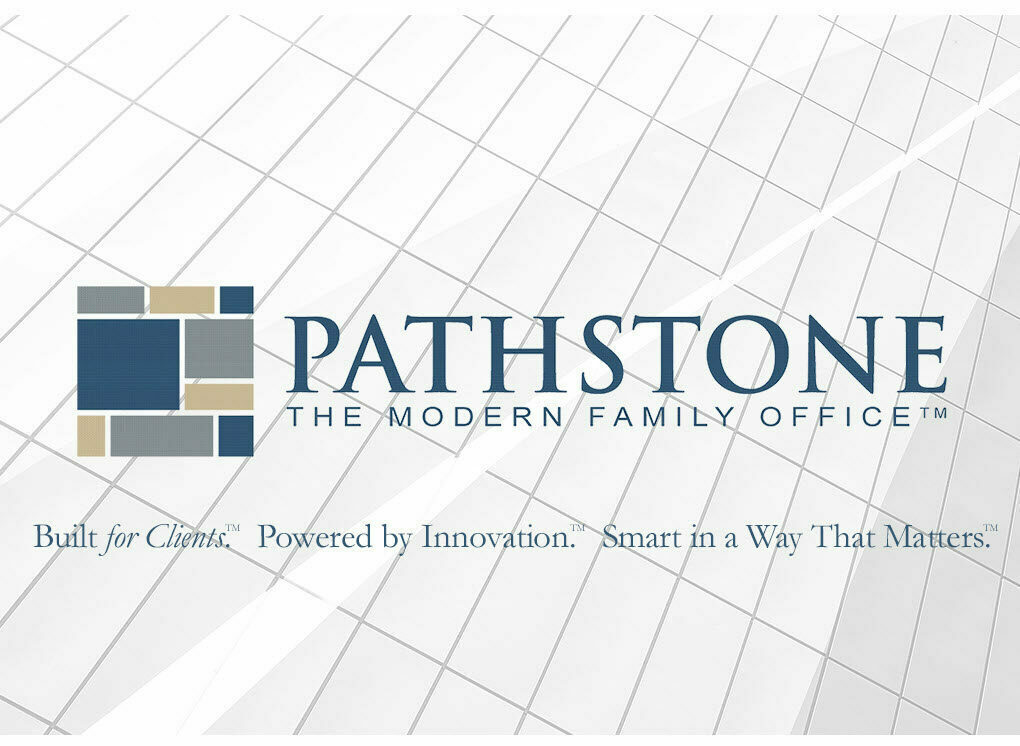Purpose and Profit
Jostein has long been a leader in promoting stakeholder-focused business models in which customers, suppliers, employees, and communities are connected in pursuit of “linked prosperity.” As CEO of Health & Wellbeing at Unilever, Jostein runs a platform of brands with the mission of supporting healthy lifestyles. In discussing the Health & Wellbeing business, Jostein emphasized the importance of purpose in corporate strategy: In his view, having a cohesive mission spurs workforce engagement, innovation, and a focus on the needs and wishes of the end consumer, in turn driving greater profitability.
Sustainability: Turning Challenges into Opportunities
Embedded in the corporate strategy of Unilever is a focus on long-term environmental sustainability. Indeed, the company was the first to put a comprehensive climate action plan to a shareholder vote. During their discussion, Jostein and Erika spoke about the necessity of taking big-picture impact objectives, as expressed by the United Nations Sustainable Development Goals, and breaking them down into practical and measurable steps. Drawing from his vast corporate experience, Jostein discussed how the company has approached challenges such as reducing greenhouse gas emissions and the use of plastics, turning them into opportunities to contribute to solutions.
Engaging stakeholders is key to such opportunities, as Erika and Jostein discussed. He walked the audience through a case study focusing on Unilever’s successful work on creating a more sustainable Hellman’s Mayonnaise. When Jostein oversaw the brand, he executed a strategy to transform sourcing and packaging, incentivizing farmers to transition to regenerative agricultural practices and working with suppliers to switch to 100% post-consumer recycled plastics. Then, working with large retailers, Unilever conducted a marketing campaign targeted at reducing household food waste, featuring the Hellman’s brand. By engaging consumers in this manner, the Hellman’s brand has seen double digit growth and boosted its market share and profit significantly.
Executive Incentives
Towards the end of their discussion, Erika and Jostein also touched upon how sustainability is incentivized in the firm. Jostein provided guidance on how corporations can engage with shareholders when embarking on a new sustainable strategy. He also described how making sustainable living commonplace is Unilever’s purpose and something that they, and their board, hold themselves accountable to deliver on.
To learn more about Jostein Solheim’s perspective and experience in integrating sustainable corporate strategies, view our replay here.




















